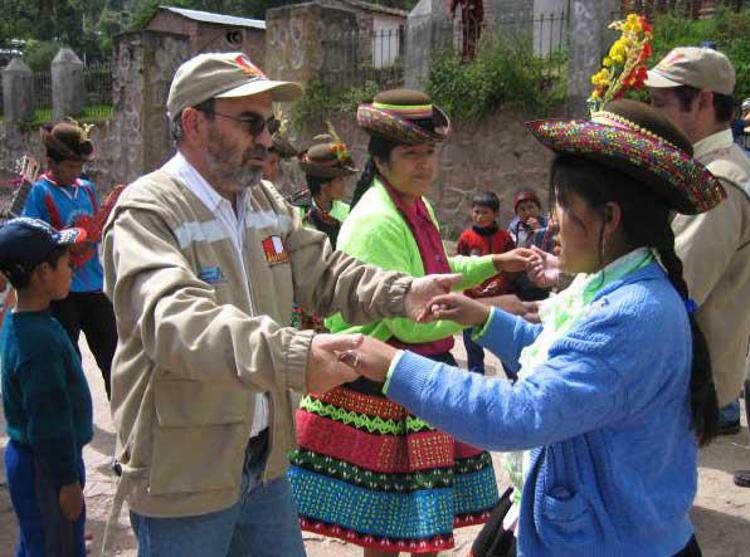

Progress in the fight against hunger and extreme poverty hinges on eliminating the "triple discrimination" faced by indigenous women, FAO director-general Jose Graziano da Silva said on Friday.
"Indigenous women face a triple discrimination comprising poverty, gender and ethnicity both within and outside their communities, making them highly vulnerable," Graziano da Silva said.
"Their social and economic empowerment is not only an excellent way to support them, but a necessary condition to eradicate hunger and malnutrition in their communities," he said.
Indigenous women suffer far higher rates of poverty, chronic malnutrition and illiteracy as well as low access to health care and participation in political life, Graziano da Silva told participants from a dozen countries at the Forum on Indigenous Women in Mexico's capital.
Some 370 million people - about five percent of the global population and 15 percent of the world's poorest - self-identify as indigenous. In Latin America and the Caribbean region, approximately 45 million indigenous peoples account for 8.3 percent of the population but 15 percent of those facing food insecurity and extreme poverty.
Indigenous women in the region face higher poverty and malnutrition rates than any other social group, and typically earn four times less than men, according to FAO's new regional atlas or rural women.
Globally the situation is even worse for women members of the more than 5,000 indigenous groups around the world, who speak more than half the world's languages and spread across more than 90 countries, according to FAO.
The United Nations decision to create a Family Farming Decade starting in 2019 offers a strong platform to focus on rural livelihoods such as most indigenous peoples have, he added.
The three-day forum organised by FAO aims to develop public policy recommendations to empower indigenous women, strengthen their decision-making, and recognizing their rights at community level to enhance leadership and development opportunities.
FAO has set up leadership schools geared to the participation and needs of indigenous women in Bolivia, Peru, India, Philippines, Panama, El Salvador and Paraguay, and this innovative institution will be scaled up this year, Graziano da Silva said.
"With political will, we can put an end to discrimination against indigenous women," he said.